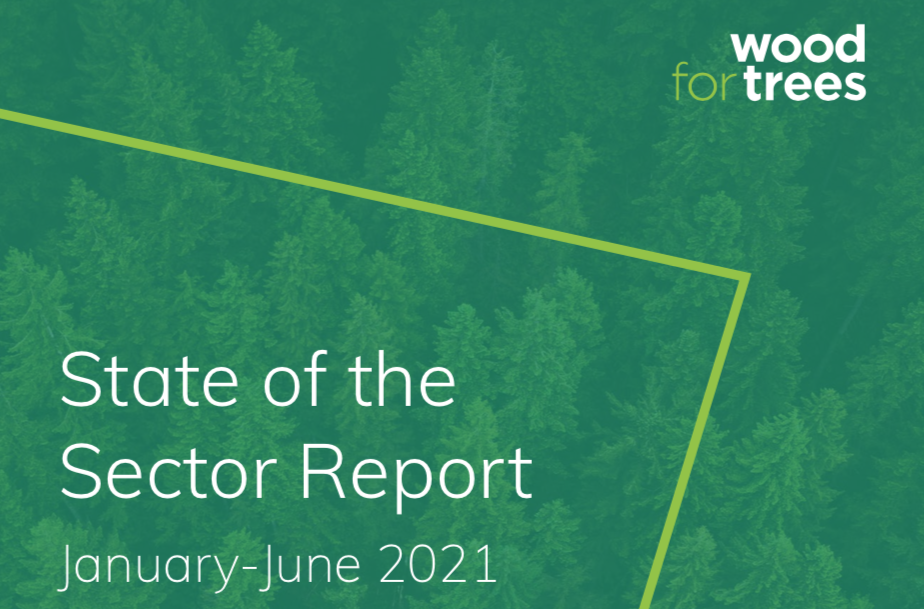No level playing field means charities miss out on government contracts, says research
Charities and social enterprises are missing out on opportunities to bid on government contracts such as the Work and Health Programme due to the lack of a level playing field, according to new research.
The research, published by the independent think tank Reform, and supported by Big Society Capital, warns that the Government will fail to create a level playing field in the competition between bidders for the Work and Health programme.
Bidding has started for the Work and Health Programme, which will provide back-to-work services for long-term unemployed and disabled people from October 2017. The Department for Work and Pensions has stated that the yearlong competition should be open to all types of organisation.
However, early feedback collected by the Reform think tank suggests barriers to competition. Providers interviewed were concerned that government had not provided key information on the contracts, including numbers of service users, contract value and geographical boundaries.
[youtube height=”450″width=”800″]https://www.youtube.com/watch?v=pRQu-XmGgmU[/youtube]
It also suggests that risk aversion in government could shut out charities and smaller organisations, and that the DWP’s past use of parent-company guarantees has resulted in only the largest organisations being able to report the level of assets needed to secure these guarantees.
The report also points to the large contract size of previous employment services restricting competition to those organisations with sufficient capital to cover upfront costs. The Work Programme required annual turnover to be at least £20 million.
It suggests that the Government should reassess the effect of payment by results on competition, stating that in the Work Programme, up to 100 per cent of payments to providers was determined by the outcomes they achieved, which caused cash-flow difficulties for all but the largest providers.
A letter accompanying the release, by Cliff Prior, chief executive of Big Society Capital and 12 other chief executives, heads of policy, and directors of organisations including Catch22, Charity Bank, Charity Finance Group and Groundwork, identifies a need for ‘public service procurement to be competitive if it is to deliver the best outcomes for those in need and achieve value for money’, and makes three key recommendations:
• Guarantee minimum-referral volumes. This will allow a broader range of providers to bid with confidence that the scope is realistic and sustainable.
• Set lower thresholds for parent-company guarantees at no more than 10 per cent of annual contract value. This would reduce barriers to market entry and allow smaller and specialist organisations to bid.
• Place a heavier emphasis on quality of bids. This would help prevent a race to the bottom on cost, where only providers who discount price without improving quality are able to secure contracts.
Cliff Prior, chief executive of Big Society Capital, said:
“Charities and social enterprises have considerable skills and expertise to offer when it comes to providing public services yet they face barriers when bidding for, and winning, contracts. At the moment we do not have a level playing field when it comes to public-service procurement and this needs to change if we are to deliver the best outcomes for those in need, as well as achieving value for money.
The report, The Work and Health Programme: levelling the playing field, is available on the Reform site.
Lloyds Bank Foundation is currently conducting a survey into the same subject, and is asking for people to anonymously share their examples of poor commissioning practice. In particular it is asking for details on the requirements that are proving challenging, the conditions making bidding impossible, and views on how the process could be improved. The results will be used in a report that the Foundation will share with government and commissioners. The survey can be found on SurveyMonkey.
Advertisement




